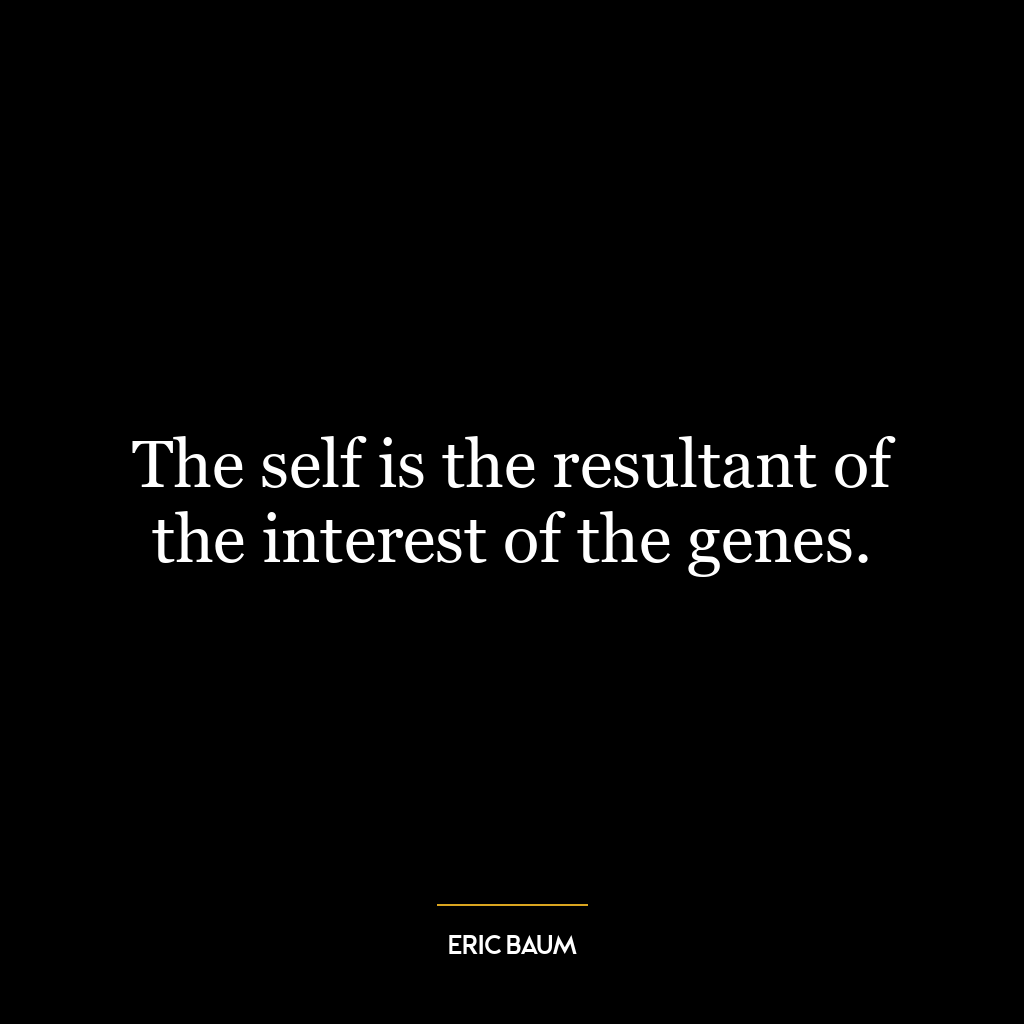John Backus Quotes
- Computer scientist
- USA
- 1924
John Backus (1924-2007) was an American computer scientist and mathematician who made significant contributions to the development of computer science. He is best known for his work on the FORTRAN programming language, which revolutionized the way computers were programmed. He also developed the Bac…Read More
John Backus (1924-2007) was an American computer scientist and mathematician who made significant contributions to the development of computer science. He is best known for his work on the FORTRAN programming language, which revolutionized the way computers were programmed. He also developed the Backus-Naur Form, a notation for describing the syntax of programming languages, and the Backus Normal Form, a notation for describing the structure of data. He was awarded the 1977 Turing Award for his contributions to the development of computer science.Read Less
John Backus (1924-2007) was an American computer scientist and mathematician who made significant contributions to the development of computer science. He is best known for his work on the FORTRAN programming language, which revolutionized the way computers were programmed. He also developed the Backus-Naur Form, a notation for describing the syntax of programming languages, and the Backus Normal Form, a notation for describing the structure of data. He was awarded the 1977 Turing Award for his contributions to the development of computer science.
John Backus Career Highlights
- Backus received his Bachelor’s degree in mathematics from Columbia University in 1949 and went on to work at the International Business Machines (IBM) Corporation.
- In 1954, he led a team at IBM to develop FORTRAN, the first high-level programming language. This revolutionized the way computer programs were written and made it easier for non-specialists to write code.
- In 1957, Backus received the prestigious Turing Award for his work on FORTRAN, which is considered the highest honor in computer science.
- He also played a key role in the development of the Backus-Naur Form (BNF), a notation technique used to describe the syntax of programming languages.
- In the 1970s, Backus worked on the development of functional programming languages, which focused on the evaluation of mathematical functions rather than the execution of commands. This led to the creation of the FP and FL languages.
- In 1977, he received the National Medal of Science for his contributions to computer science.
- Backus retired from IBM in 1991 but continued to work as a consultant and advocate for functional programming until his death in 2007.
Key Contributions by John Backus
- Backus’ most significant contribution to the field of computer science was the development of FORTRAN, which is still widely used today.
- He also made significant contributions to the development of BNF, which is still used as a standard notation for describing the syntax of programming languages.
- Backus’ work on functional programming languages paved the way for the development of modern programming languages such as Haskell, Scala, and Clojure.
- He was also a strong advocate for structured programming, which emphasizes the use of control structures such as loops and conditional statements to improve the readability and maintainability of code.
What Sets John Backus Apart
- Backus was known for his unconventional thinking and his willingness to challenge traditional methods. This led to groundbreaking innovations in the field of computer science.
- He was also a strong advocate for open-source software and believed in the importance of collaboration and sharing knowledge.
- Backus’ work on FORTRAN and functional programming languages had a significant impact on the development of computer science and paved the way for future advancements in the field.
Takeaways
- John Backus’ contributions to computer science have had a lasting impact on the field and continue to influence modern programming languages.
- His work on FORTRAN and BNF revolutionized the way computer programs were written and made programming more accessible to a wider audience.
- Backus’ unconventional thinking and advocacy for open-source software serve as an inspiration for future generations of computer scientists.






